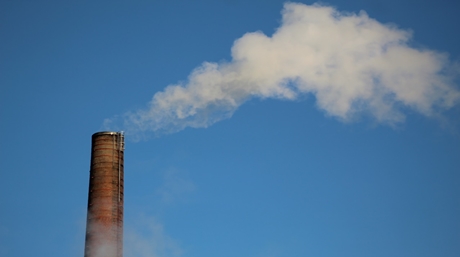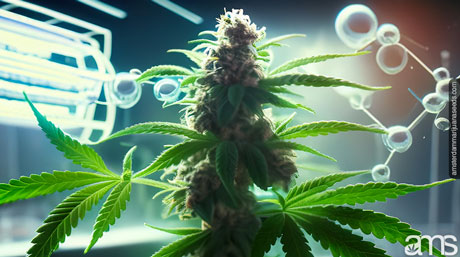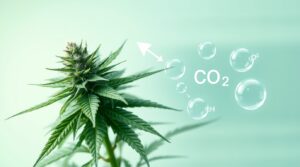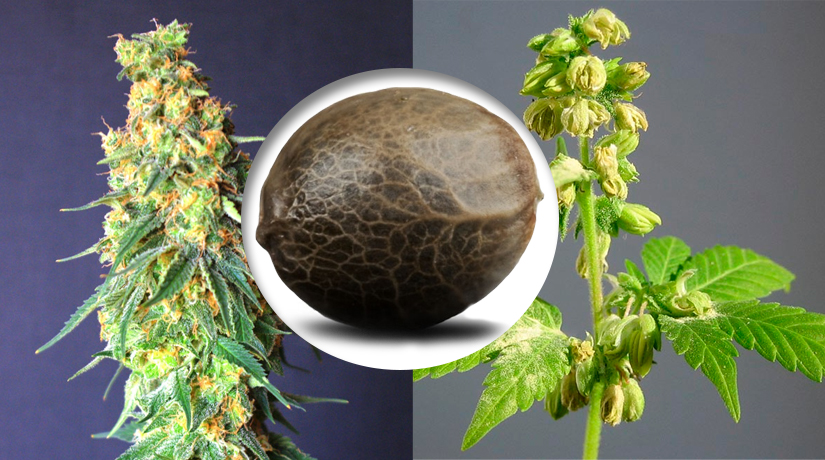Indica vs Sativa
Who would have thought that in marijuana there are different types of plants with completely different effects and benefits? The origin, the climate, the effects, and the physical characteristics are crucial in order, to differentiate the type of plant that you are going to use either in the clinical, pharmaceutical, or recreational field, as well as to know between Cannabis Sativa and Cannabis Indica in order, to be able to make the best selection of seeds according to your needs.
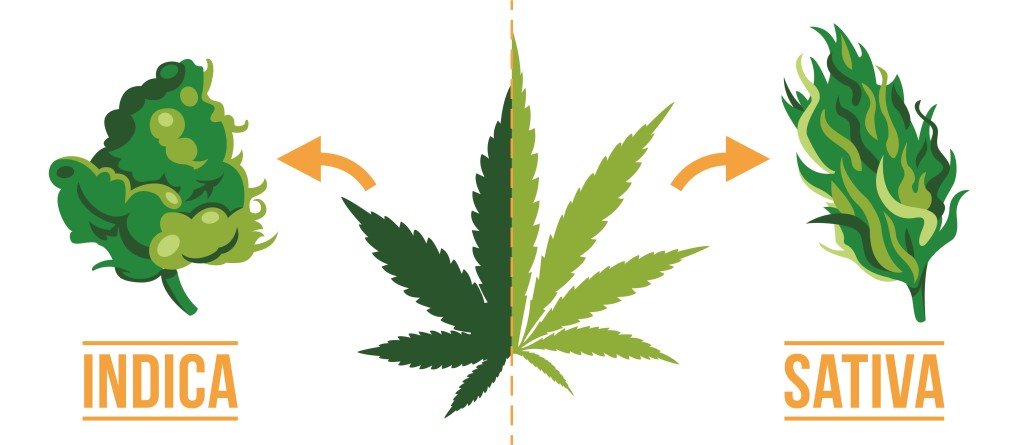
Marijuana is a well-known plant for its mind and body effects and it’s split into two main types: Sativa and Indica. Even though they come from the same family and have similar ingredients, they’re different in how they look and what they do when you use them. Let’s break it down simply:
What the plants look like:
Indica: This plant is short and looks like a bush with wide leaves. It grows well in cooler and mountainous areas.
Sativa: This one is tall and thin, with skinny, pointed leaves, kind of like a young pine tree. It likes hot and humid places.
How they make you feel:
Indica: It chills you out and can make you sleepy, like when you’re getting cozy in bed after a long day.
Sativa: It energizes you and wakes up your mind, great for when you need to do things that require imagination or when you’re hanging out with friends.
To put it simply: if you want to relax, go for Indica. If you want to be more alert and active, go for sativa. We’ll explain more about this soon so you can better understand how each one affects people differently.
The two subspecies of marijuana represent different adaptations to different climates. Sativa originates from the jungles of equatorial regions such as Thailand, Cambodia, Jamaica, Colombia, and Mexico, places that enjoy long hours of sunshine and constant light throughout the year. The Indica variety, on the other hand, comes from the Hindu Kush region, a vast mountain range of more than 800 kilometers that stretches from Afghanistan to China and is characterized by a very cold climate.
Climatic and physical characteristics
Cannabis Sativa is known for its ability to adapt to the heat of tropical climates, being resistant to low temperatures and showing an effective ability to prevent the growth of fungi commonly associated with humidity. Indicas, on the other hand, originate from mountainous climates, which enables them to withstand climatic challenges such as wind, rain, and frost.
Morphology and appearance:
Morphology of Cannabis Sativa
Cannabis Sativa plants, are distinguished by their unique morphology and appearance, which tend to be taller and more slender, with long, thin leaves, differentiating them from other marijuana species such as Indica and Ruderalis. The following points highlight the main morphological and appearance characteristics of Sativa:
- Height and Structure: Cannabis sativa plants are typically tall and slender, with some varieties reaching heights of up to 20 feet (about 6 meters) under optimal conditions. They have a more open structure compared to the bushier Cannabis indica, allowing for greater light penetration throughout the plant.
- Leaves: The leaves of Cannabis sativa are characteristically long and narrow with a light green color. They possess serrated edges and are composed of slender leaflets that are spread far apart. The number of leaflets can vary, usually between 5 to 13 per leaf.
- Branching: Sativa plants have less dense branching compared to their indica counterparts, with branches extending outward and upward, giving the plant an airy appearance. This less compact structure is beneficial for air circulation and can help in reducing the risk of mold and fungal diseases in humid environments.
- Flowers (Buds): The flowers of Cannabis sativa are elongated and less dense than those of indica plants. They tend to be more “fluffy” or airy and can appear on the plant as spaced, apart clusters. The flowering period for sativa strains is generally longer, often taking between 10 to 16 weeks to fully mature.
- Trichomes: While both sativa and indica plants produce trichomes (the resinous glands containing cannabinoids), the concentration and distribution can vary. Sativa plants typically have a high concentration of trichomes on the flowers and surrounding foliage, contributing to their potent therapeutic and psychoactive properties.
- Root System: Cannabis sativa plants develop a deep taproot system, which enables them to access water from deeper soil layers. This characteristic is beneficial for plants growing in arid conditions, allowing them to thrive where other plants might not.
- Growth Pattern and Maturation: Sativa strains usually have a longer vegetative growth phase, which contributes to their tall stature. Their extended flowering time requires patience but can result in high yields of marijuana flowers.
Cannabis sativa strains are often associated with a cerebral, uplifting high, attributed to their higher concentration of THC in comparison to CBD. This makes them particularly popular for daytime use. The distinct morphology and appearance of sativa not only contribute to its cultivation requirements but also influence its effects and applications, making it a fav
Morphology of Cannabis Indica
Cannabis Indica plants have distinctive morphological traits, shorter and more compact appearance, with wider and denser leaves, traits that differentiate from Sativa and Ruderalis. The main characteristics of Indica are described below:
- Height and Structure: Cannabis indica plants are generally shorter and bushier than their sativa counterparts, typically reaching heights of 2 to 4 feet (about 0.6 to 1.2 meters). They have a compact, dense structure, which makes them well-suited for indoor cultivation.
- Leaves: The leaves of Cannabis indica are broad and dark green, with fewer but wider leaflets compared to sativa plants. Indica leaves often have between 7 to 9 leaflets, which are closer together, giving the leaf a fuller appearance.
- Branching: Indica plants have dense branching, with closer internodal spaces. This compact growth habit results in a bushy appearance and contributes to their ability to produce more buds in a smaller space.
- Flowers (Buds): The buds of Cannabis indica plants are typically dense, thick, and bulky, clustering around the plant’s nodes. Due to the plant’s compact nature, these buds are often heavier and more resinous than those of sativa strains, leading to higher yields per square foot in controlled environments.
- Trichomes: Cannabis indica plants are known for their abundant trichome production, which covers the buds and surrounding foliage in a thick layer of crystalline resin. This resin is rich in cannabinoids like THC and CBD, making indica strains highly potent.
- Root System: Indica plants have a more spread-out root system compared to the deep taproot of sativa plants. This characteristic makes them more adaptable to various growing mediums and efficient in nutrient uptake from the soil.
- Growth Pattern and Maturation: Cannabis indica strains have a shorter vegetative growth phase and a faster flowering cycle than sativa strains, often maturing in 6 to 8 weeks. This quick turnaround makes them attractive to cultivators looking for a fast crop.
- Effects: Indica strains are traditionally associated with a sedative, body-centric effect, often referred to as a “body high.” This makes them popular for evening use, providing relaxation and aiding in sleep.
The morphology and appearance of Cannabis indica are not just significant for identification; they also have practical implications for cultivation and use. The compact, dense growth of indica plants makes them particularly suited for indoor or space-constrained environments. Their potent, resinous buds are favored for their strong therapeutic effects, offering relief from pain, anxiety, insomnia, and more.
Chemical and Psychoactive Composition
Both subspecies contain a variety of chemical compounds, but the proportions of these compounds can vary.
Cannabis Sativa: Sativas tend to have higher levels of tetrahydrocannabinol (THC), the compound responsible for the psychoactive effects. They may also contain significant amounts of cannabidiol (CBD), which has health properties, but in lower proportions than THC.
Cannabis Indica: Indicas generally have slightly lower THC levels than Sativas, but can still be potent. They tend to have a more balanced ratio of THC and CBD, which can result in a more relaxing and sedative effect.
When it comes to psychoactive effects, it is important to remember that although both Sativa and Indica contain THC, the effects and reactions vary greatly depending on the type of plant.
So which strain is right for me? Amsterdam Marijuana Seeds can tell you:
Sativa is known for its properties that induce a state of euphoria and greater sociability compared to the Indica variety. This sub-species enhances perception, intensifying the appreciation of colors and sounds while stimulating creativity and thinking. Sativa is used to relieve stress, anxiety, depression, nausea, migraines, and as an appetite stimulant, among other wellness benefits.
On the other hand, Indica, known for its relaxing and sedative properties, is highly effective in the treatment of insomnia and a variety of conditions. It is widely used to alleviate neuromuscular disorders such as tremors and, spasms, and to combat chronic pain. It is also a valuable option for reducing anxiety and stress and stimulating appetite in patients who need it.
Alternative uses
Cannabis Sativa: Sativas are often used to treat depression, anxiety and to improve mood. They can also be useful in treating attention deficit disorder and stimulating appetite.
Cannabis Indica: Indicas are preferred for the treatment of chronic pain, insomnia, anxiety and to relax tense muscles. They are also commonly used to treat gastrointestinal disorders.
It is important to note that due to hybridisation and genetic variability of marijuana strains, classification as sativa or indica is not always accurate. In addition, individual experience with these subspecies may vary between individuals and specific strains.
Sativa and Indica are two subspecies with marked differences in morphology, chemical composition, psychoactive effects, and alternative uses. The choice between one or the other depends on the personal preferences and therapeutic needs of each individual.
Source link

 Cannabis News2 years ago
Cannabis News2 years ago
 One-Hit Wonders2 years ago
One-Hit Wonders2 years ago
 Cannabis 1012 years ago
Cannabis 1012 years ago
 drug testing1 year ago
drug testing1 year ago
 Education2 years ago
Education2 years ago
 Cannabis2 years ago
Cannabis2 years ago
 Marijuana Business Daily2 years ago
Marijuana Business Daily2 years ago
 California2 years ago
California2 years ago















